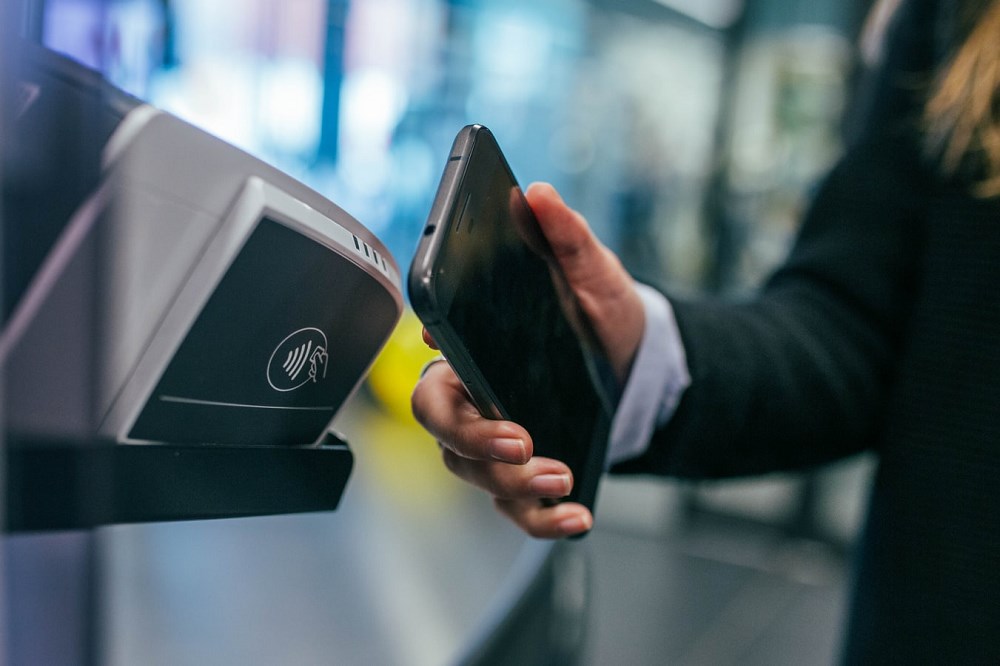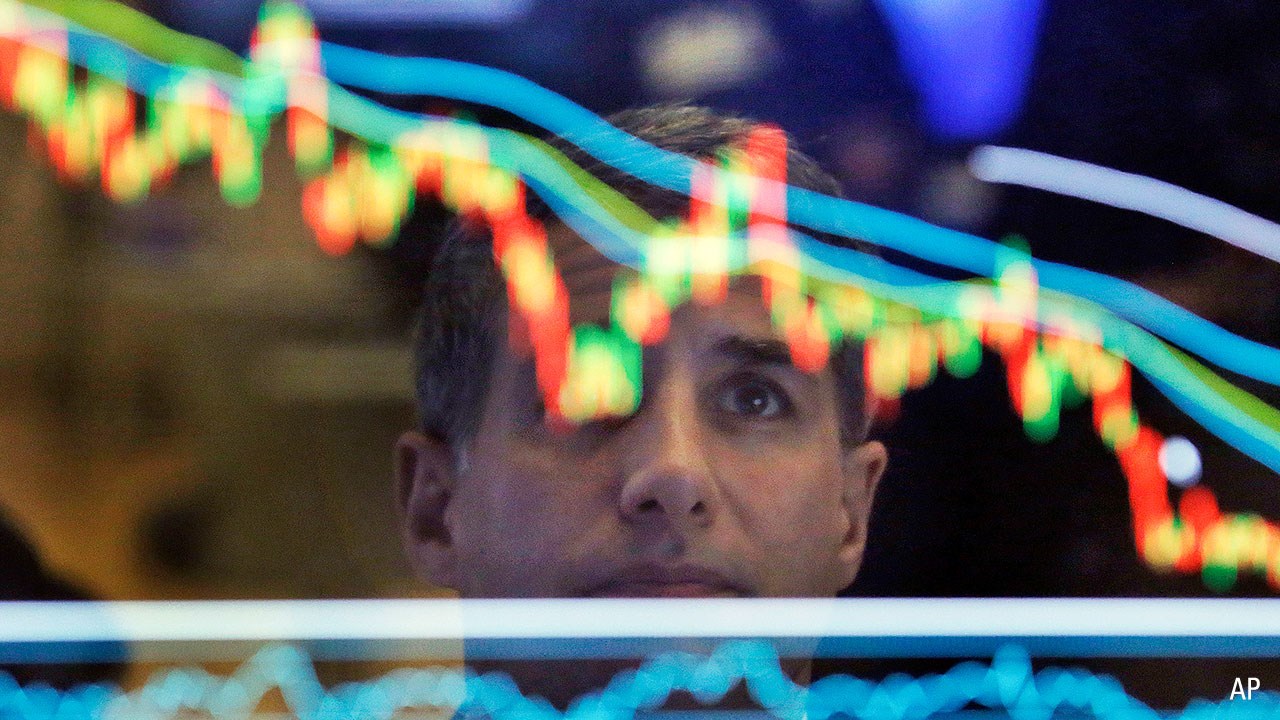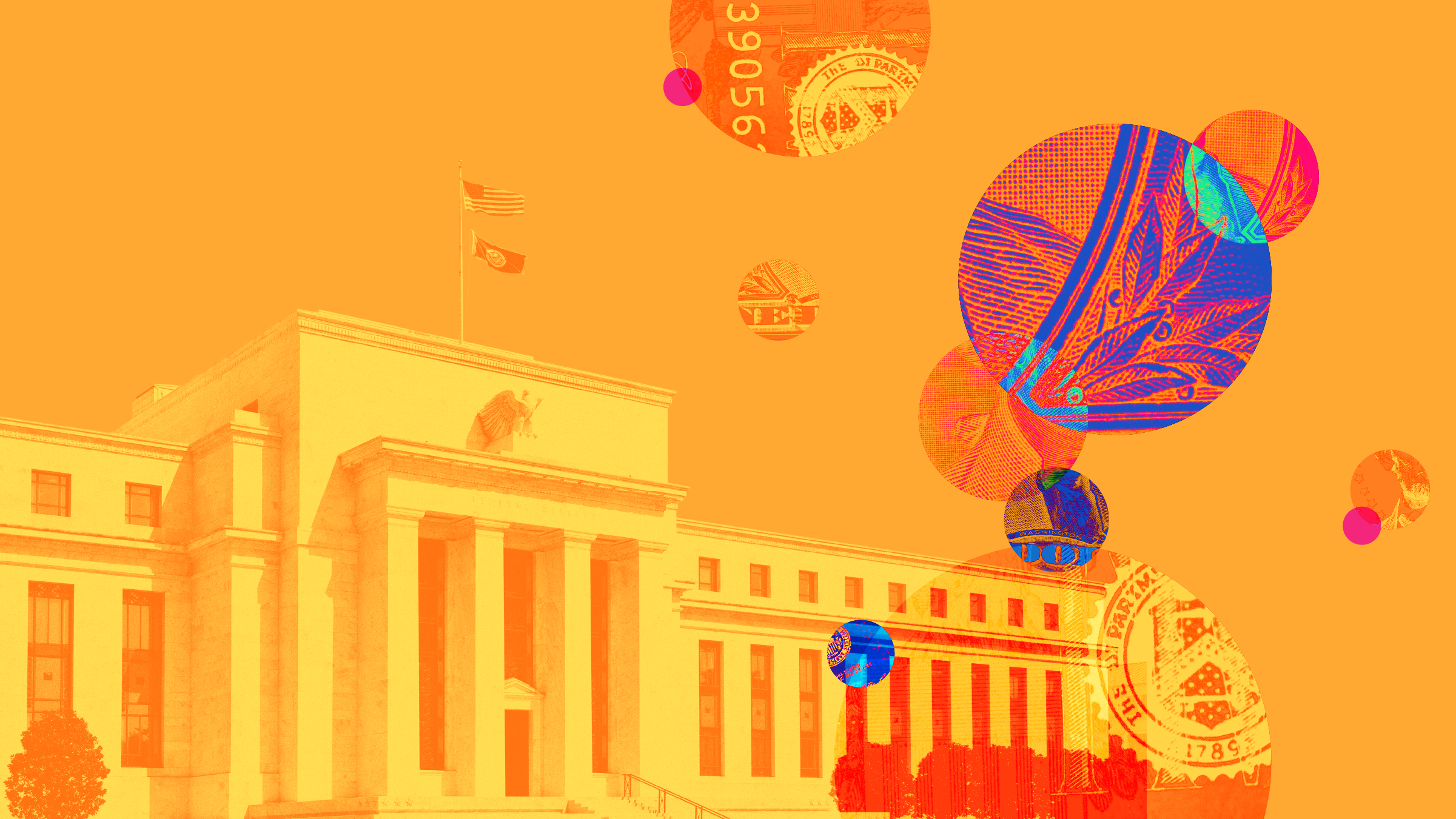
Global non-cash transactions were booming even before the coronavirus pandemic struck. And then the pandemic further accelerated the shift to digital payments as people avoided handling cash to prevent contact and spread of infection.
Since the start of the COVID-19 outbreak, 76% of Canadians slowed down or stopped using cash and 54% of consumers said they regarded contactless payments as the most important safety measures for businesses to follow, according to a Visa Canada study. A Payment Canada study uncovered a similar shift in consumer attitude in favour of cashless payments.
The trend has created a growth tailwind for payment processors that are cashing in on the continuing global pivot towards cashless payments. The global digital payments market is projected to grow from US$3,885 billion in 2019 to a staggering US$8,059 billion by 2023, growing 20% annually. In no small measure, the trend is propelled by the global mobile payments market, which is set to skyrocket from US$1,139 billion in transaction value in 2019 to a staggering US$4,690 billion by 2025, at a 27% annual clip.
As the global landscape of payments and transactions changes rapidly, the following payment processing companies are well-positioned to benefit from the non-cash transaction boom driven by a surge in e-commerce, curbside pickup, and home delivery services.
|
Visa Inc Class A |
|
|
Ticker |
|
|
Current yield |
0.60% |
|
Forward P/E |
34.60 |
|
Price |
US$201.54 |
|
Fair value |
US$200 |
|
Value |
21% premium |
|
Moat |
Wide |
|
Moat Trend |
Stable |
|
Star rating |
★★ |
|
Data as of Sept 10, 2020 |
|
World’s largest payment processor, Visa (V) operates in over 200 countries and processed US$9 trillion worth of transactions in over 160 currencies, last year.
Despite the ongoing disruption and digitization of the payments industry, wide-moat Visa’s position in the global electronic payment infrastructure remains unmatched. “The shift toward electronic payments has aided Visa’s growth historically, and we expect that to continue for the foreseeable future,” says a Morningstar equity report, noting digital payments have surpassed cash payments worldwide and that the trend still has room to run.
Leading payment networks such as Visa benefit from a network effect. The more consumers are plugged into their network, the more attractive they become for merchants, which in turn makes the network more convenient for consumers. “Visa’s position as the leading network makes it something of a tollbooth business, and the company is relatively agnostic to the smaller shifts within electronic payments, since it earns fees regardless of whether payment is credit, debit, or mobile,” says Morningstar equity analyst, Brett Horn, who puts the stock’s fair value at US$166.
While the coronavirus pandemic had a sizeable impact on Visa’s Q3 performance, the company’s disclosures on weekly trends suggest the situation is improving. “From the trough of a roughly 30% year-over-year decline in April, overall transactions have steadily recovered to be roughly flat year over year by the start of July,” says Horn.
Beyond the short-term COVID-19 impact, the long-term secular tailwinds that have driven Visa’s growth in recent times remain in place. “We don’t see any long-term industry trends that will impede Visa’s ability to maintain its growth in the coming years,” he adds.
|
Mastercard Inc A |
||
|
Ticker |
||
|
Current yield |
0.47% |
|
|
Forward P/E |
38.31 |
|
|
Price |
US$332.88 |
|
|
Fair value |
US$133 |
|
|
Value |
19% premium |
|
|
Moat |
Wide |
|
|
Moat trend |
Stable |
|
|
Star rating |
★★ |
|
|
Data as of Sept 10, 2020 |
||
Mastercard (MA) is the world’s second-largest payment processor, operating in more than 200 countries. The company processed US$4.8 trillion worth of transactions in over 150 currencies in 2019.
Mastercard’s wide-moat characteristics deserve close investor attention. “Despite ongoing evolution in the payments space, we think a wide moat surrounds the business and view Mastercard’s position within the current global electronic payment infrastructure as essentially unassailable,” says a Morningstar equity report, stressing that the company “benefits from the ongoing shift toward electronic payments, which provides plenty of opportunities to utilize its wide moat to create value.”
With digital payments now outpacing cash transactions globally, and the pandemic accelerating the trend, Mastercard is well-positioned to benefit in an oligopolistic marketplace. “We think emerging markets could offer a further spurt of growth even if growth in developed markets slows,” says Horn, who pegs the stock’s fair value at US$272.
Like its biggest rival Visa, Mastercard’s tollbooth-like business is relatively immune from small shifts within electronic payments, as it earns fees regardless of the mode of payment.
The coronavirus pandemic has caused short-term weakness for the payment networks, but the impact should be transitory. “In the long run, the pandemic will likely accelerate the ongoing shift toward digital payments,” says Horn, arguing there is nothing “to shake our belief that Mastercard and Visa’s competitive position is essentially unassailable or alter our favourable long-term view.”
The company recently provided monthly disclosures that show that transaction volumes have steadily improved, suggesting “the worst is behind the company, and secular tailwinds have started to reassert themselves,” says Horn.
|
PayPal Holdings Inc |
|
|
Ticker |
|
|
Current yield: |
- |
|
Forward P/E: |
42.55 |
|
Price |
US$190.09 |
|
Fair value: |
US$110 |
|
Value |
73% premium |
|
Moat |
Narrow |
|
Moat Trend |
Stable |
|
Star rating |
★ |
|
Data as of Sept 10, 2020 |
|
Electronic payments processor PayPal (PYPL) provides e-payment solutions to merchants and consumers through over 300 million active accounts. The company also owns Xoom, an international money transfer business, and Venmo, a person-to-person payment platform.
PayPal remains a unique player within the electronic payment ecosystem, a strength that has so far shielded it from intensifying competition. “PayPal’s development of a network of merchants and consumers early in the evolution of online commerce has allowed the company to build and maintain an enviable competitive position,” says a Morningstar equity report.
The company has seen blockbuster growth in recent years fuelled by an ongoing shift towards electronic payments and the rise of e-commerce. This has led management to “set a target of high-teens top-line growth over the next few years.,” the report adds.
With the coronavirus accelerating the shift to online transactions, the company could see even better growth near term. “The second quarter provided further confirmation that the coronavirus has led to a material shift toward online payments, a trend that PayPal is well-placed to benefit from,” says Horn, who recently upped the stock’s fair value from US$94 to US$110, prompted by the belief “this trend will have lasting benefits for the company, and will allow PayPal to bolster its competitive position.”
Owing to a spurt in online payments in the wake of quarantine efforts, PayPal saw its net revenue jump 22% year over year, driven by a 29% increase in payment volume. “The absolute increase in net active accounts set a record for the company, suggesting the coronavirus has meaningfully expanded its customer base,” says Horn, asserting that “these gains are sustainable.”
Passionate About Investing in New Ideas?
Explore the latest Global Thematic Fund Landscape report here






















